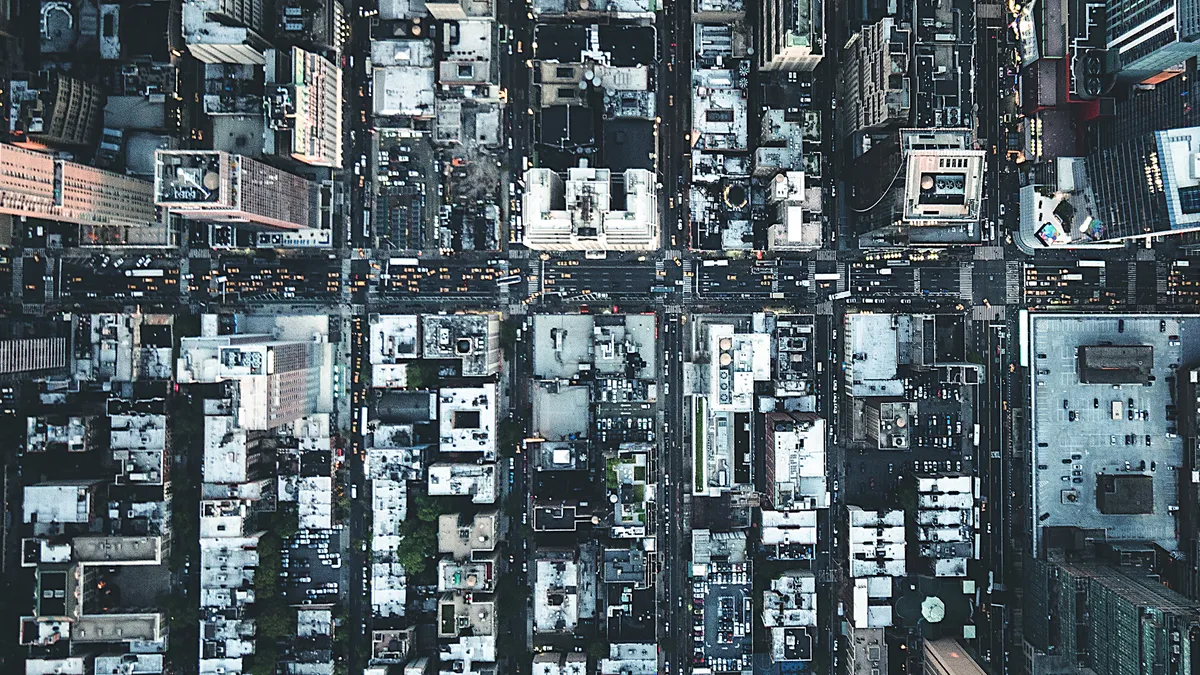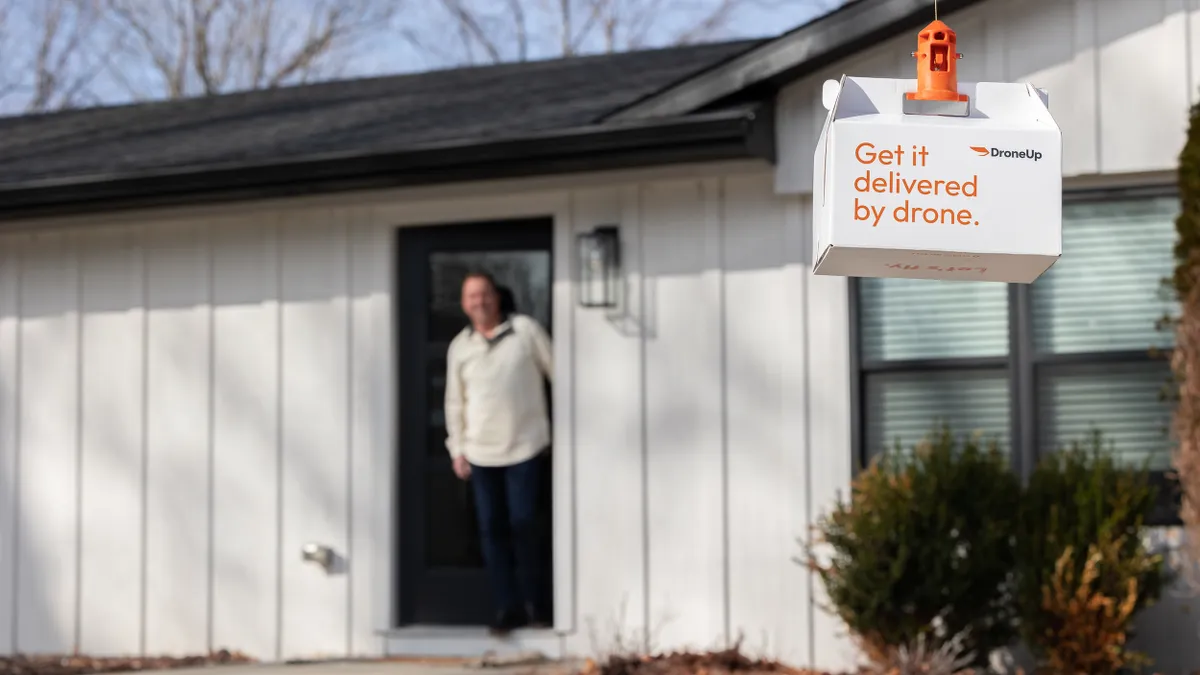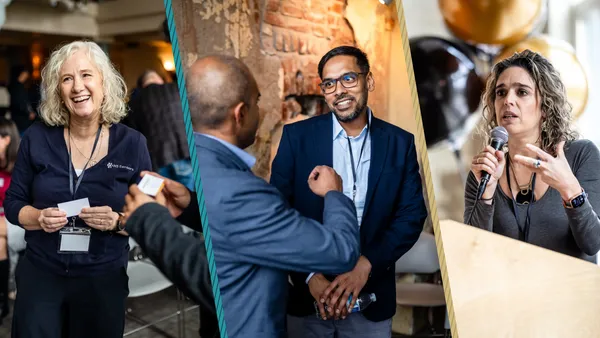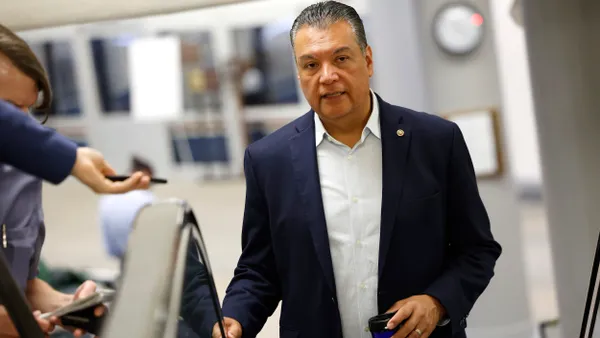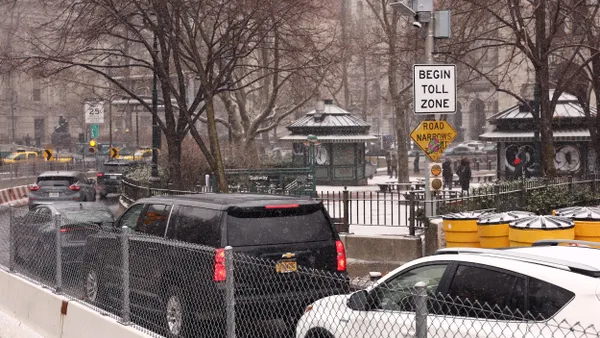Dive Brief:
- In order to facilitate tech tools that will connect residents with public benefits they may quality for, New York City is releasing data about the eligibility criteria for more than 30 social service programs. The NYC Benefits Screening Application Programming Interface (Screening API) will update with policy and eligibility changes.
- Screening API will not automatically sign anyone up for benefits, but offers the data to link up individual and household information to benefits eligibility.
- The API is an extension of ACCESS NYC, an award-winning platform created by the city, where an individual can fill out a questionnaire and be linked to social service programs. Among the programs covered by ACCESS NYC are SNAP, Cash Assistance and the Housing Efficiency Assistance Program.
Dive Insight:
The release of the API is meant to help community groups and startups that have been working on their own apps or websites to mirror ACCESS NYC. By giving them the underlying eligibility information — which can often be complex for citizens to work through themselves — New York can create more options to get citizens the help they need. The API was created by the New York City Mayor’s Office for Economic Opportunity, with technology assistance from New York-based WebIntensive.
"No one should go hungry in one of the wealthiest cities in the world,” City Council Member Ben Kallos, who wrote a law to make benefits access easier, said in a statement. “Anytime someone is sharing their income information with a non-profit community provider or even a for-profit they should get screened for more than 30 social service benefits whether food, money, health, or housing so they get all the help they need.”
It follows several steps by New York City to make urban data available to citizens who can crunch it in new ways. The Open Data for All platform now hosts more than 2,000 data sets after an update this fall, on everything from taxi trips to crime reports to dog licenses. The city has hosted open data competitions, last year awarding an app that determines tree survival rates and a budgeting project for their use of public data. Cities have long collected vast stores of data; opening them up to the public can help citizens find creative uses, and connect with civic functions that can often seem inscrutable.


